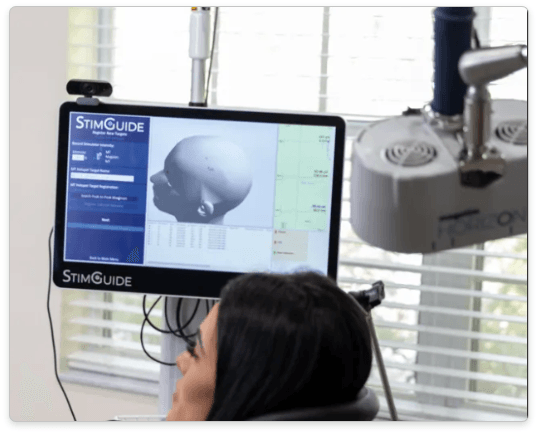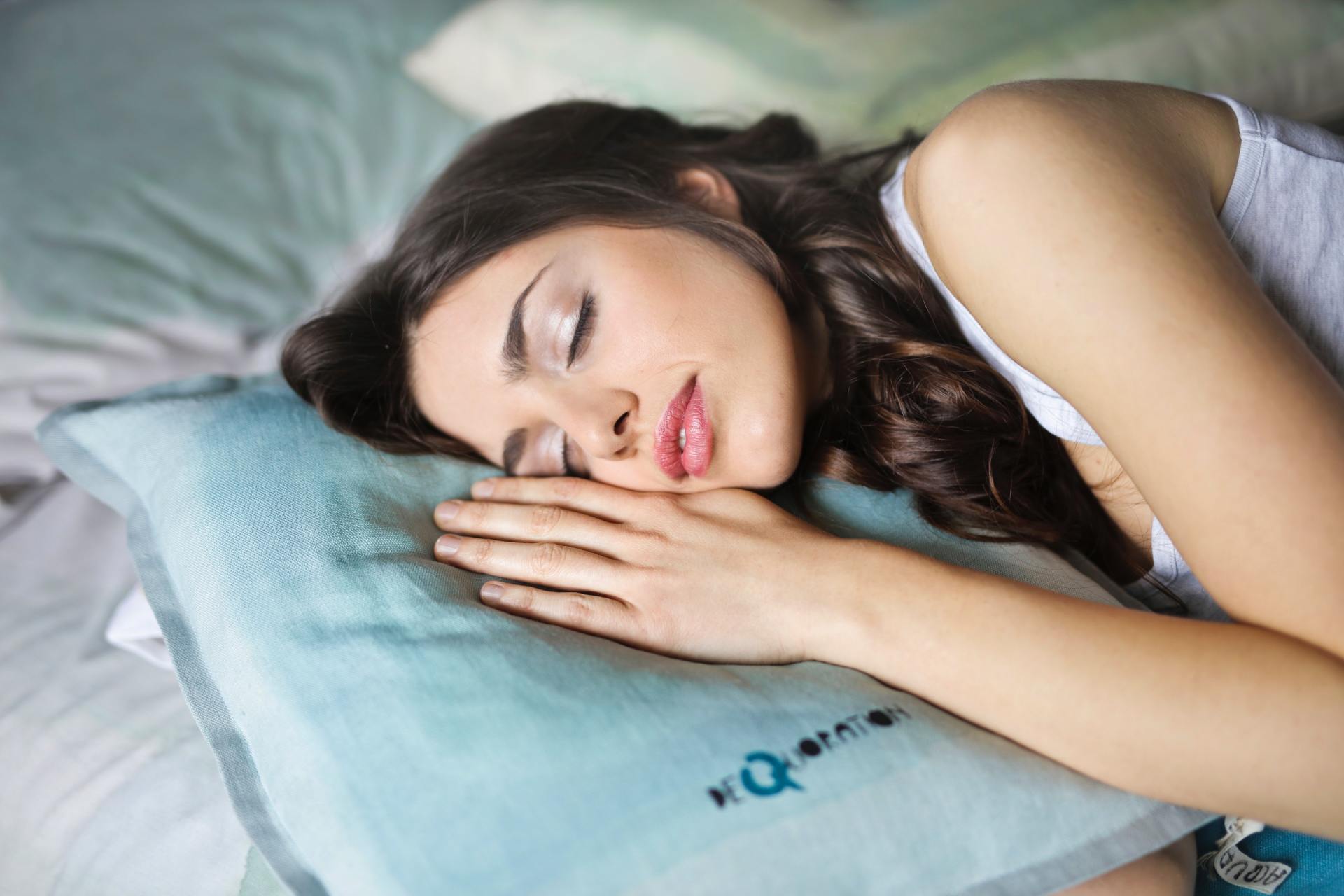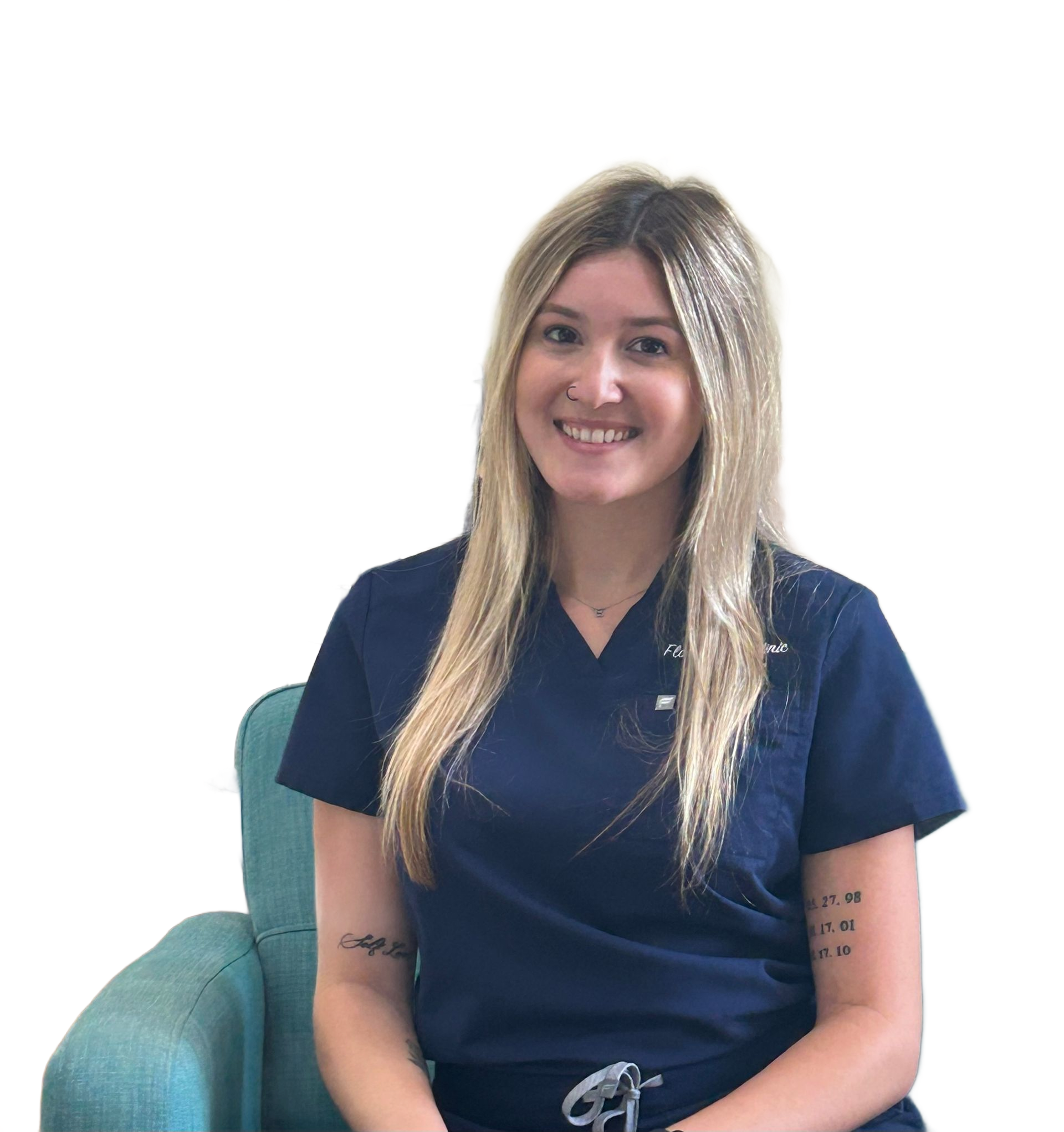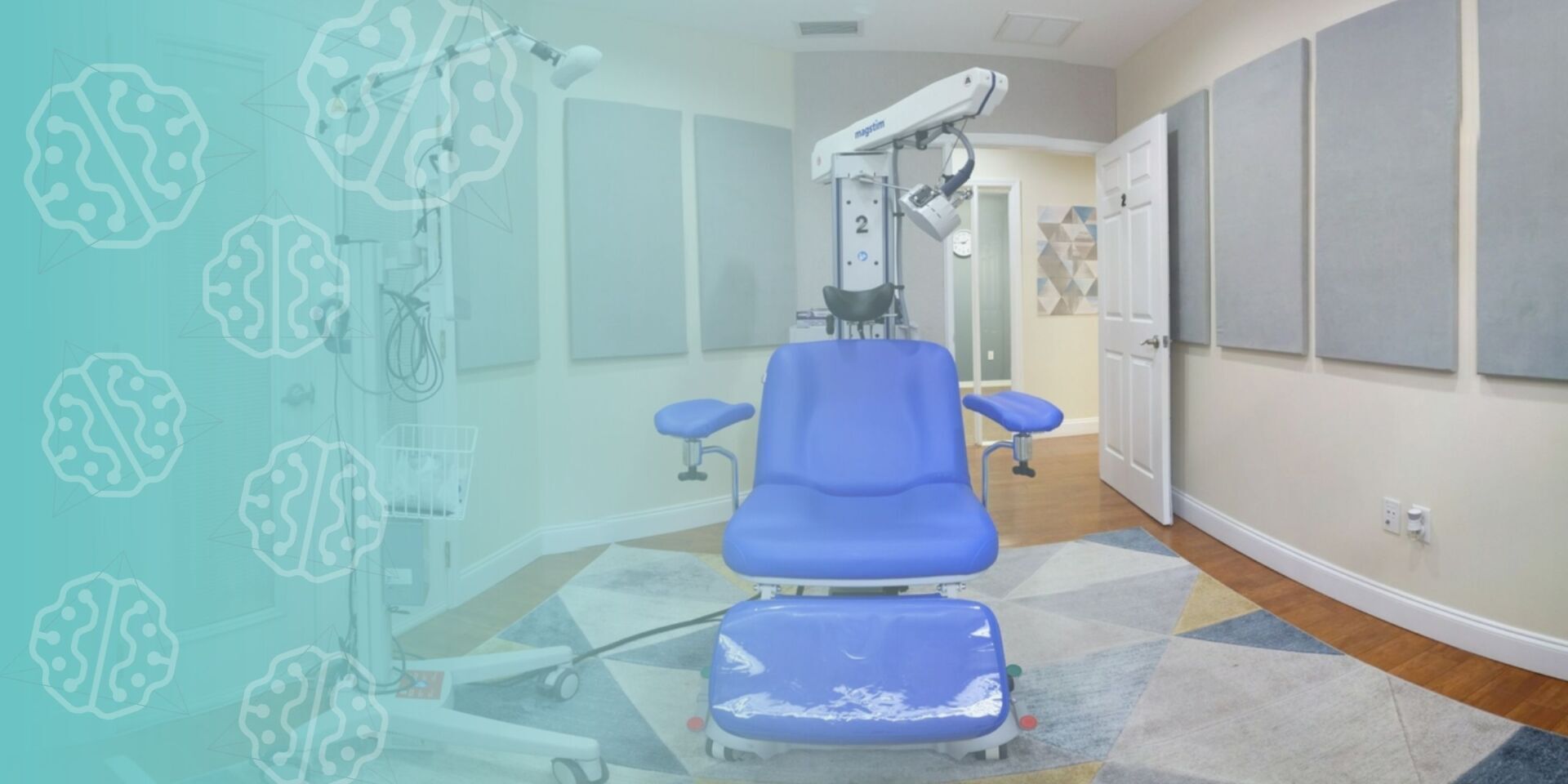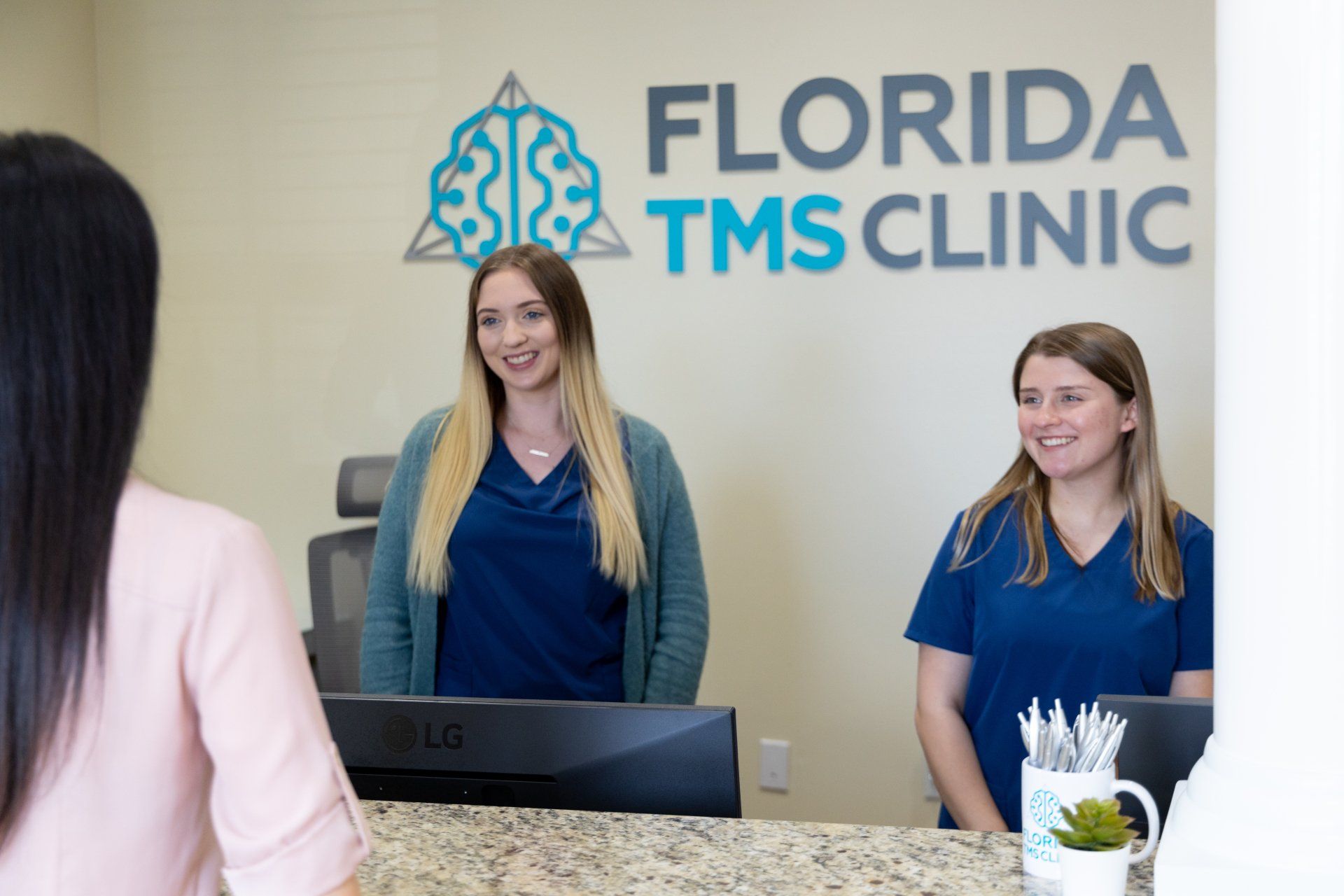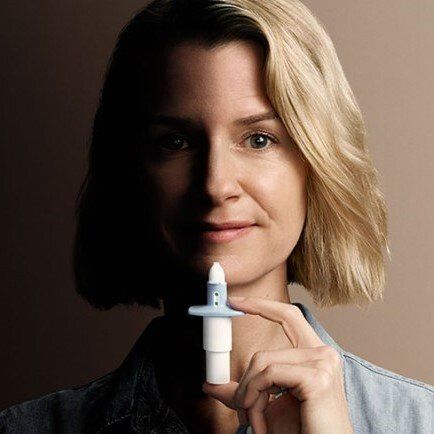What Is The Success Rate Of TMS?
~ 2 Minute Read
By Dr. Bowarshi
Florida TMS Clinic
The success rate of TMS therapy is between 58% to 67%. The success rate is better at some TMS clinic like Florida TMS Clinic. This is attributed mostly to the ability to use navigated TMS for more accurate treatments. Also, the ability to perform newer TMS protocols like theta burst stimulation and accelerated TMS. In this article, I will explain the rate of success of TMS therapy and compare it to others.
The Effectiveness Of TMS Therapy
The success rate of TMS therapy is an important topic for anyone looking into TMS therapy for depression treatment. This is particularly true when we look at the high success rate reported in real-life clinical practices. Please remember that TMS is a medical treatment. As you might have already guessed, there is nothing 100% in medicine. When you read that 58% of patients receiving TMS show a response, your mind might jump to ask about the 42% who did respond to the treatment. I would like you to keep the following points in your mind:
- These numbers are our of randomized controlled trials to eliminate the effect of placebo. Meaning the patients receiving the treatment wouldn’t know whether they are receiving actual magnetic stimulation or just a machine that makes noise to make it sound as if they are receiving magnetic stimulation. This inherently will show a lower response rate when compared to open-label (actual real-life clinical practice).
- Patients recruited in clinical trials usually have severe resistant depression. This means that the number of medication trials they had before is significantly high. Some are in the 20+ medication trials. That by itself tells you how severe and stubborn their depression is.
- 58% is a great response rate when compared to antidepressants. To put it in perspective, The chances of improving with the first trial of a medication antidepressant is 27%. By the fourth trial of antidepressants, the chance of response plummets down to 6.9% only.
- TMS therapy technology in evolving and improving. The reported success rate of 58% in 2007 and 67% in 2010 can be lower than what we have nowadays especially with navigated accelerated TMS success rate. The later is 90% in 2019.
Is Transcranial Magnetic Stimulation effective?
The short answer is, Yes. It is effective for the treatment of certain psychiatric disorders. Currently, the evidence is most obvious in Depression, Anxiety, OCD, and smoking cessation.
Click here to learn more about the conditions treated with TMS
How effective is Transcranial Magnetic Stimulation?
All TMS therapy studies had shown a good success rate. The main pivotal randomized controlled trial that was submitted for FDA approval in 2007 showed that 58% of patients showed a response and 37% of patients had a remission after 30 treatment sessions of TMS. An NIH sponsored trial in 2010 showed a similar outcome. Many other randomized controlled trials replicated the same outcome. Nowadays, it is a given that TMS is effective for depression.
How does TMS work? Click here to learn more.
What is the success rate of TMS Therapy?
TMS research had shown great results. Especially when compared with the low success we have with medications. In randomized controlled trials the success rate ranges from ⅔ to ½ of patients receiving TMS. In open-label trials, when people know for a fact that they are actually receiving the TMS therapy, the response rate is higher. It is worth mentioning that accelerated TMS therapy showed a 90% response rate in SAINT-TRD trial. We at Florida TMS Clinic have achieved this high success rate with accelerated TMS.
Is Transcranial Magnetic Stimulation FDA-approved?
Currently, TMS therapy is FDA-cleared for two psychiatric disorders:
- TMS therapy is indicated for the treatment of Major Depressive Disorder in adult patients who have failed to receive satisfactory improvement from prior antidepressant medication in the current episode. Also recently
- TMS therapy is also FDA-cleared for the treatment of OCD in adult patients who have failed to receive satisfactory improvement from prior treatments.
- Most recently dTMS therapy got FDA-clearance for short-term smoking cessation in adults.
If TMS treatment is so effective, why isn't it tried before medication?
Usually, we would reserve a more expensive treatment option to be second-line treatment. That's why the initial trials for TMS (2007) included patients who failed one or more antidepressants. For this reason, the FDA approved it for treatment-resistant depression based on the data they had. This doesn't mean it won't work as a first-line treatment.
Want a free consultation? Visit Florida TMS Clinic today.
References:
O'Reardon JP, Solvason HB, Janicak PG, Sampson S, Isenberg KE, Nahas Z, McDonald WM, Avery D, Fitzgerald PB, Loo C, Demitrack MA, George MS, Sackeim HA. Efficacy and safety of transcranial magnetic stimulation in the acute treatment of major depression: a multisite randomized controlled trial. Biol Psychiatry. 2007 Dec 1;62(11):1208-16. doi: 10.1016/j.biopsych.2007.01.018. Epub 2007 Jun 14. PMID: 17573044.
George MS, Lisanby SH, Avery D, McDonald WM, Durkalski V, Pavlicova M, Anderson B, Nahas Z, Bulow P, Zarkowski P, Holtzheimer PE 3rd, Schwartz T, Sackeim HA. Daily left prefrontal transcranial magnetic stimulation therapy for major depressive disorder: a sham-controlled randomized trial. Arch Gen Psychiatry. 2010 May;67(5):507-16. doi: 10.1001/archgenpsychiatry.2010.46. PMID: 20439832.
Cole EJ, Stimpson KH, Bentzley BS, Gulser M, Cherian K, Tischler C, Nejad R, Pankow H, Choi E, Aaron H, Espil FM, Pannu J, Xiao X, Duvio D, Solvason HB, Hawkins J, Guerra A, Jo B, Raj KS, Phillips AL, Barmak F, Bishop JH, Coetzee JP, DeBattista C, Keller J, Schatzberg AF, Sudheimer KD, Williams NR. Stanford Accelerated Intelligent Neuromodulation Therapy for Treatment-Resistant Depression. Am J Psychiatry. 2020 Aug 1;177(8):716-726. doi: 10.1176/appi.ajp.2019.19070720. Epub 2020 Apr 7. PMID: 32252538.
